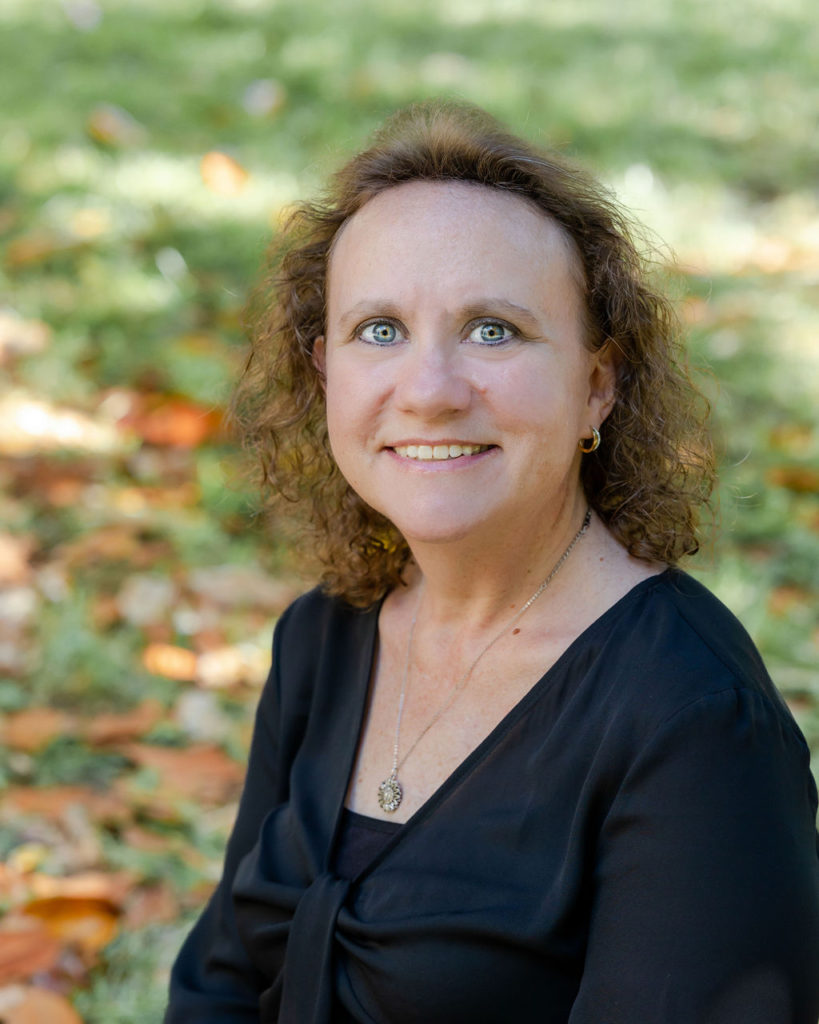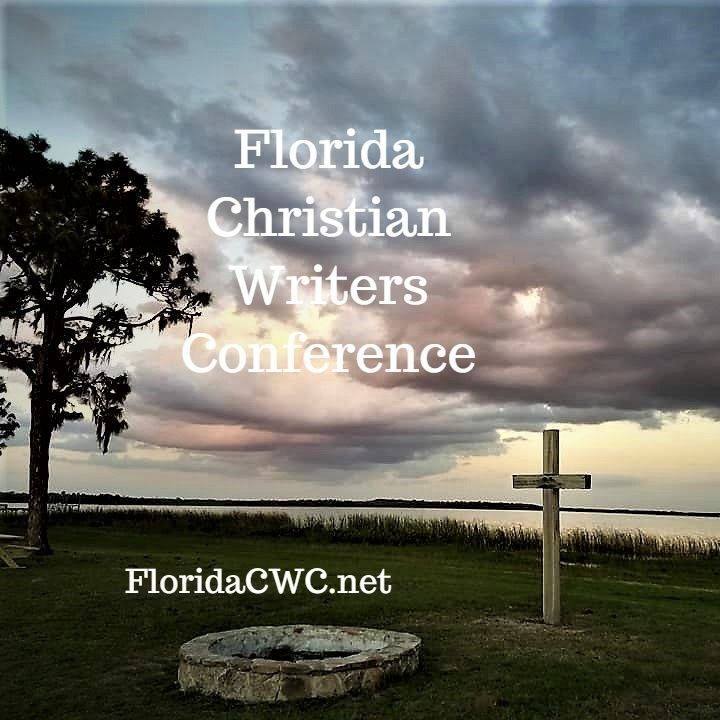by Julie Lynn Ashley
Reaching out to a grieving person can be intimidating. What if I say the wrong thing? When should I call? What will help? These questions can intimidate well-meaning people into silence, which can add to the isolation a grieving person may already be feeling. I did a deep dive into these questions in the most unexpected, God-breathed journey of my life and found 3 key times to help a grieving friend.
After the last few crunched brown cardboard boxes were unloaded from the big blue moving van into my new house in Texas, I began the process of trying to get involved in my new community. An invitation from an acquaintance to volunteer at a local hospice sparked both curiosity and intimidation.
Hospice was such a juxtaposition in my mind…a mix of warm kindness yet deep sorrow. I had never entered this world before, and I knew my empathetic heart would likely be pushed to its limits.
God immediately drew my heart toward the bereavement side of hospice, and the training fascinated me. Training became the key that unlocked a tall steel door of intimidation, opening a way for me to more confidently reach out to grieving people.
In a whirlwind of heart-breaking situations, I felt the soft pillow of belonging, the gentle whisper that God created me for this and found myself staring at an application for grad school to learn even more. I learned after a hospice death loss, Medicare provides 12 months of grief support with support groups, phone calls and letters. I learned this was not enough support for most situations. And I learned about 3 strategic times to check on grieving people and the reasons why.
Before you read this list of strategic times for grief support, here are a few important caveats! First, if you get a nudge from God to reach out to a grieving person, act on it, no matter when in the grief journey it is. Grief can be very isolating and the kindness you show matters so much.
Secondly, each loss is as unique as a fingerprint, and consequently each bereaved person will grieve uniquely.
Thirdly, I have talked with grieving people who were both surprised and disheartened that the second year of grief was much more difficult than the first.
So with these caveats in mind, here are the time frames hospice staff and volunteers were trained to call and check on a grieving person, mixed with information grieving people have shared with me from their own experiences.
3 Key Times to Help a Grieving Friend
Key Time 1: 4-6 weeks after loss.
At this point after a death, most of the cards, casseroles and flowers are gone and the funeral is over. Others have gone back to “normal life” while the grieving person is left with a giant hole ripped in their life and a tidal wave of administrative work to do (obtaining the death certificate, closing accounts, opening accounts), all while in a brain fog.
The brain fog is the body’s natural anesthesia, helping the grieving person adjust to the fact that their person is gone. This brain fog can be incredibly frustrating to a grieving person who is normally very well organized. I have talked with grieving people who are either scared they can’t remember driving to their destination, or are shocked they forgot something which would ordinarily be second nature. Though this fog is temporary, it can evoke additional fear and feel like an additional loss.
Key Time 2: 6-9 months after a loss.
The finality of loss is often setting in as the brain fog is lifting. There is a realization that a loved one is not on a business trip or a vacation; and the loss — from an earthly perspective — is permanent.
This reality can evoke deep, deep sorrow. A lot of the initial flurry of administrative work is over, and some are now overwhelmed in doing the work of two people as they take on the responsibilities of the person they lost.
I have talked with widows frustrated they now have to learn things they never wanted to learn (i.e. what is under the hood of the car, how to turn on the sprinklers, where the Christmas lights get hung outside, etc) and that people assume they have “all this free time now.”
Some who were caretakers wrestle with identity issues and an entirely new daily schedule, often woven with unexplainable guilt. Grief bursts can ambush at the most unexpected and inopportune times. A widow described to me what it was like sobbing in front of the orange juice at Walmart and that people around her didn’t know what to do. Orange juice was one of the last things she brought her husband before he died. Painful reminders are everywhere.
Key Time 3: 11-12 months after loss.
The 11th month after a loss can be the most poignant of all, as a grieving person is mentally and emotionally re-living some of the last things their loved one did leading up to the one year anniversary of the loss. Mentally re-playing these final weeks can be extremely difficult and for some, re-traumatizing.
The one-year anniversary of loss can also be a day of deep sadness, yet many in the life of the grieving person may not acknowledge this day which stirs up the feelings of isolation all over again.
The common thread in these three blocks of time can be a feeling of isolation. I hope you can see the reasons why you reaching out at these time frames (when so many others will not) has the potential to be powerful in the life of a grieving person.
It is highly likely that when you call, text, bring a meal or show up to give a hug, that you may be the only one who had the courage to draw in close. Be courageous. Reach out. There is a grieving world that needs you.

Julie Lynn holds a Masters of Science in Thanatology (death, grief and bereavement), is a member of the Association for Death Education and Counseling, mom to Landon and Kyle (both in college) and wife to her very best friend of 27 years, Doug, a lead pastor in Texas. Julie Lynn has worked and volunteered in the hospice industry for years developing a God-given passion to support grieving people. She has a grief support ministry (in-person and online) working with people one-on-one who need support following a death loss. Find Julie Lynn at www.julielynnashley.com and get her free grief support resource list.




